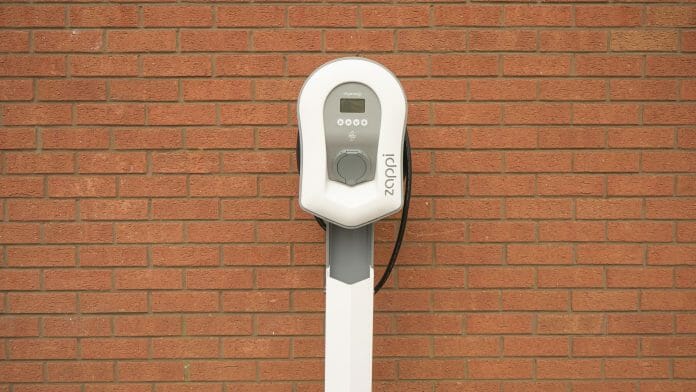The Professor of National University Singapore (NUS), Razeem Sally and Chief Executive Officer (CEO) of Maybank Kim Eng group, Ami Moris have highlighted the importance of managing CO2 emissions as part of the Environmental, Social, and Governance (ESG) in Malaysia’s economic growth post-vaccine roll out.
Speaking at the IDEAS Malaysia Outlook Conference 2021, both panellists said the Covid-19 outbreak has impacted all layers of the economic sector and has directly reduced the fossil fuel demands for the whole world.
“The outbreak has created the biggest contraction of energy demand in over 70 years and fossil fuels were hit the hardest while this outbreak accelerates energy transition towards renewable energy”, Sally said.
The energy transition is hugely influenced by three big shifts during the Covid-19 outbreak. Likewise, the abundance of fossil fuels, depressed prices in the buyer’s market as well as measures to tackle climate change including US President Joe Biden’s move to rejoin the Paris Agreement.
“Data and science driven reporting is consolidating on ESG as the Sustainability Accounting Standards Board (SASB) and Task Force on Climate Related Financial Disclosure (TCFD) are volunteering in helping corporations to achieve a zero net CO2 emission,” Moris said.
Even though the emissions have doubled over the last two decade, Petronas and EPF are committed to be fully ESG compliant and achieve net-zero carbon in the future.
“Malaysia’s palm oil sector also needs to reconfigure their plans to achieve this feat as the sector is heavily pressured by the West, particularly the EU regulatory bodies for palm oil to be more friendly to the environment,” Moris added.
The panel also agreed that the country should focus on policy reform in the sector without any political interventions.
“This will be heavy on the manufacturers and the estates owners but diversifying into eco-friendly higher value manufacturing and services is the way forward. This requires reforms from the government and the Malaysia market to aim for zero-net CO2 emissions,” Sally concluded.









